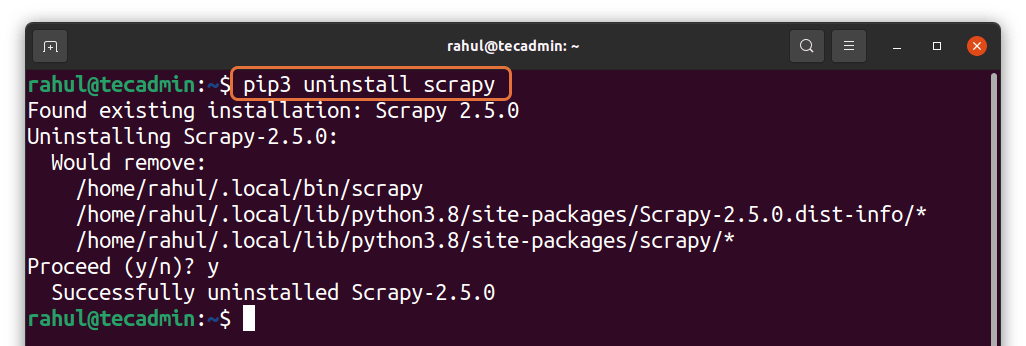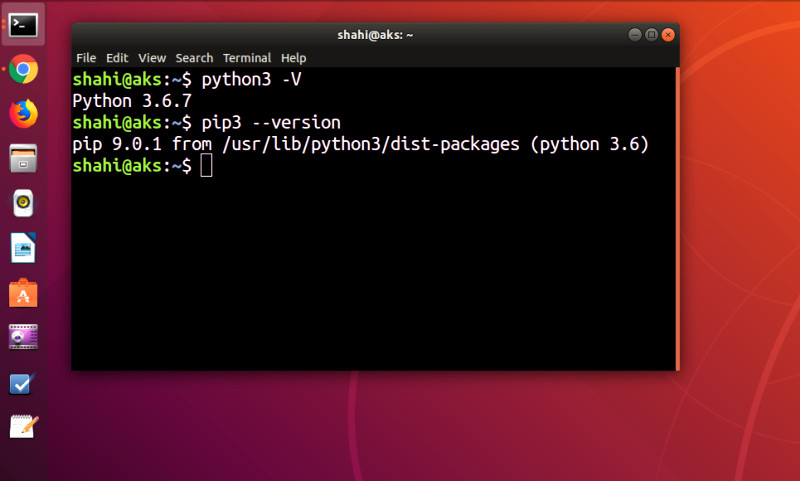

- #Install pip3 on ubuntu 18.04 how to
- #Install pip3 on ubuntu 18.04 update
- #Install pip3 on ubuntu 18.04 upgrade
#Install pip3 on ubuntu 18.04 upgrade
In this guide, we have seen how to install and use pip on Ubuntu to install, upgrade and uninstall packages. To view more pip options on the usage of pip run # pip3 -help Proceed (y/n)? y Viewing more options with pip usr/local/lib/python2.7/dist-packages/numpy/*
#Install pip3 on ubuntu 18.04 update
The first step when installing Pip for Python 3 is to update your package index. Ubuntu 18.04 comes with Python 3 pre-installed as a default installation for Python. usr/local/lib/python2.7/dist-packages/numpy-1.15.2.dist-info/* Let’s first install the latest version of Pip (Pip3) for Python 3. To uninstall a package with pip run # pip3 uninstall package_name

Successfully installed pip-18.1 To uninstall a package with pip To upgrade a package to its latest version using pip run # pip3 install -upgrade package_nameįor example, we have seen from the output above that we are running pip version 10.0.1. You should consider upgrading via the 'pip install -upgrade pip' command. To install a specific version of a package You are using pip version 10.0.1, however version 18.1 is available. This allows you to install a specific module per project without worrying about the module affecting other Python projects. a virtual environment creates an isolated environment for several python projects. When installing python modules, it's recommended that you do so in virtual environments. Now that we have seen how to install various versions of pip in different python environments, it's time to see how we can use it to install, upgrade and uninstall packages. Output # pip 10.0.1 from /usr/local/lib/python2.7/dist-packages/pip (python 2.7) Using pip in package management To verify the installation of pip, run # pip -version If you wish to install Python2 and pip for Python 2 run the following commands Update the system # sudo apt-get update Install pip for python2 # sudo apt-get install python-pip Checking the version of pip Python2 is not installed by default on Ubuntu 18.04. Output pip 8.1.1 from /usr/lib/python3/dist-packages (python 3.5) Install pip for Python2 on Ubuntu


 0 kommentar(er)
0 kommentar(er)
